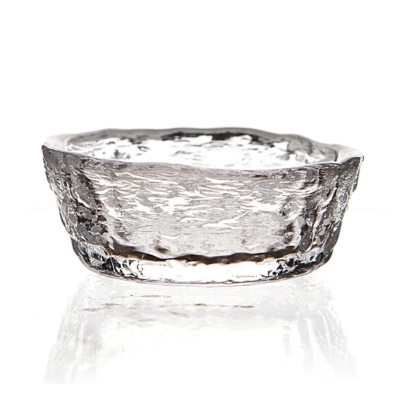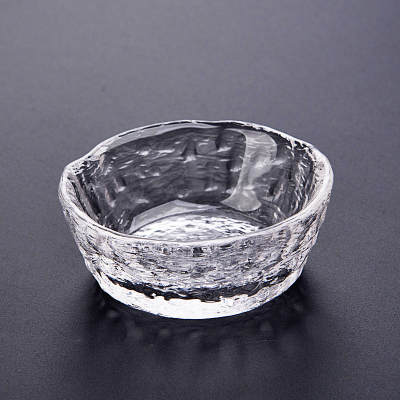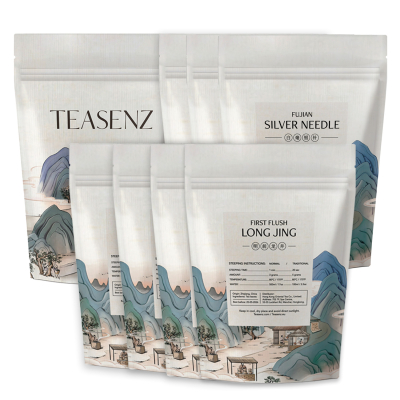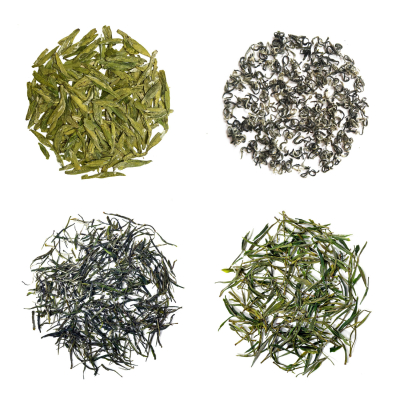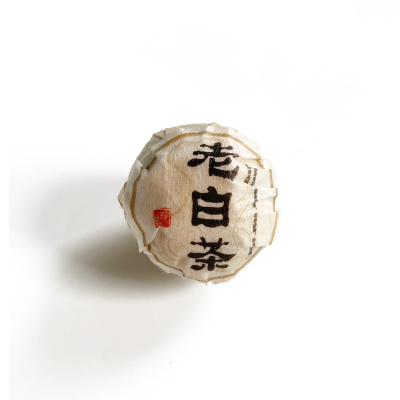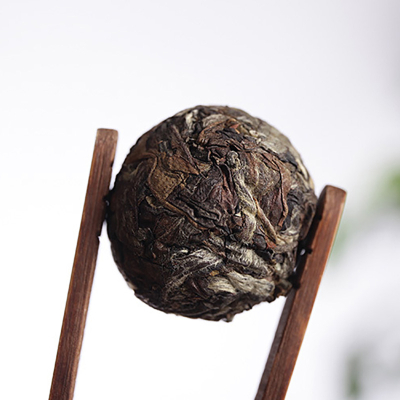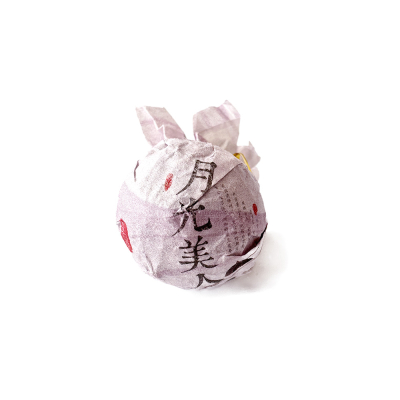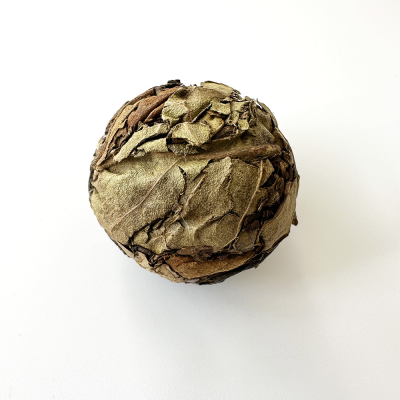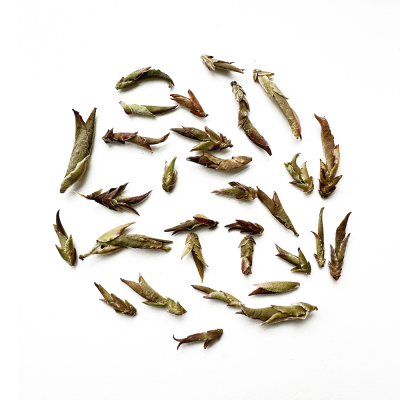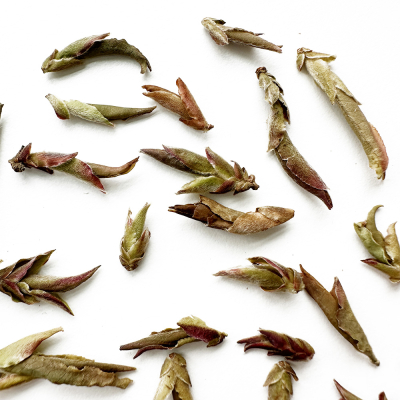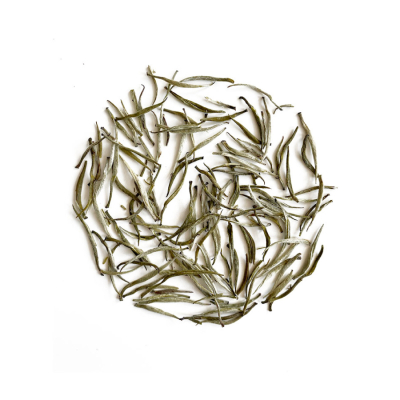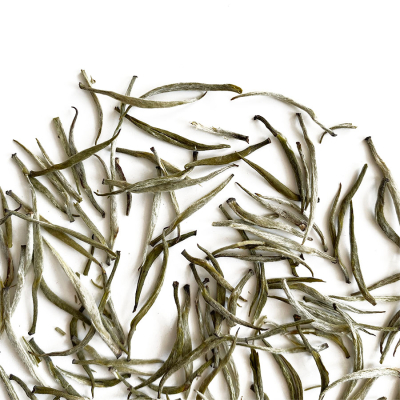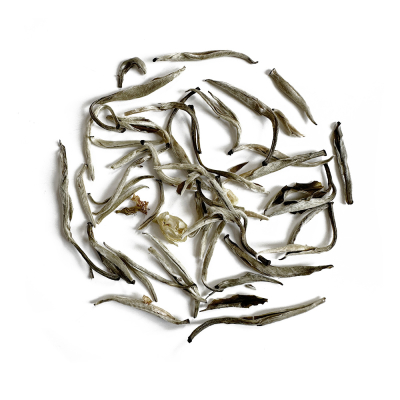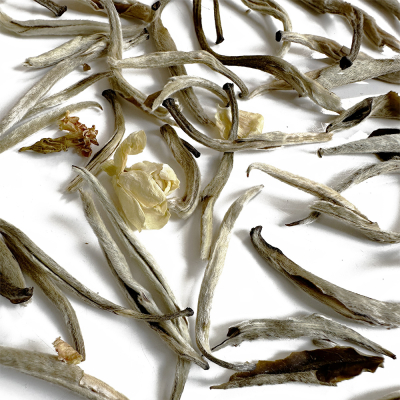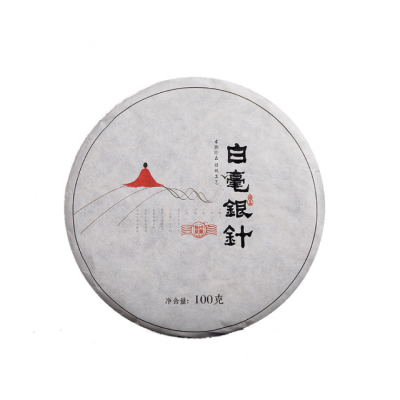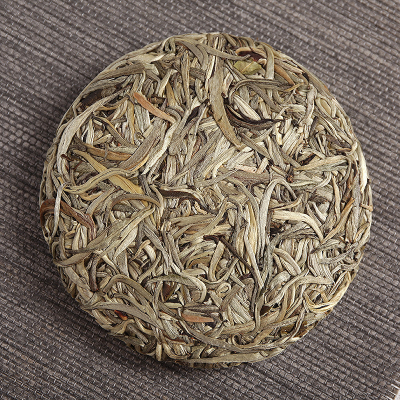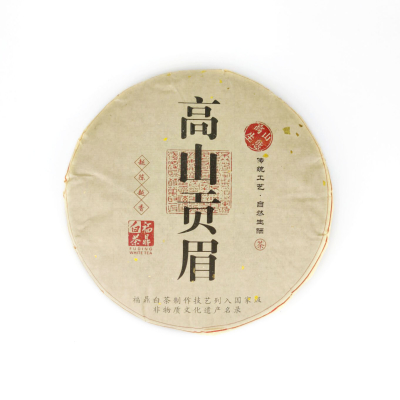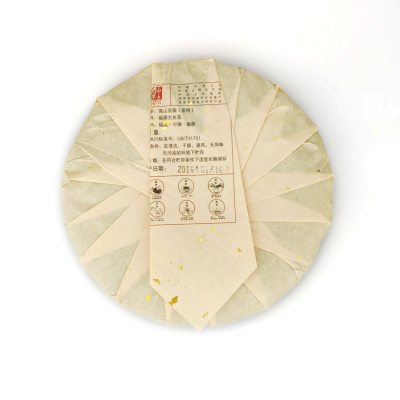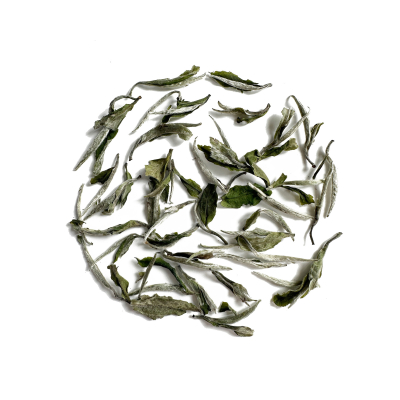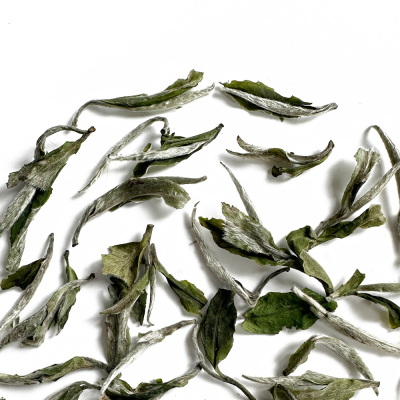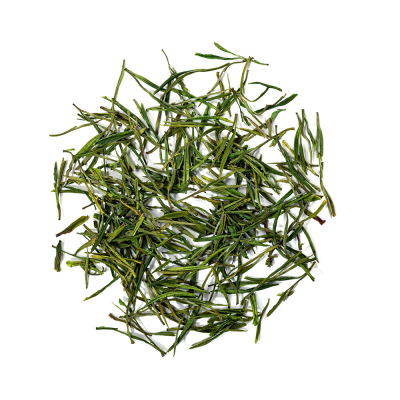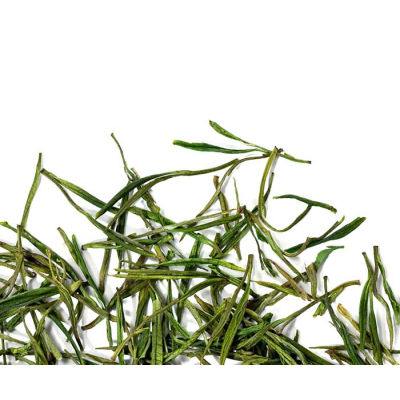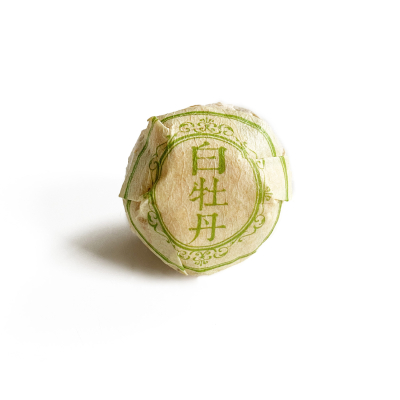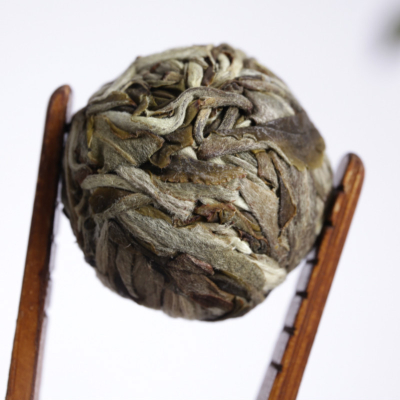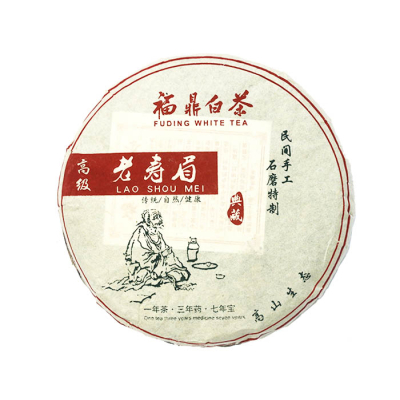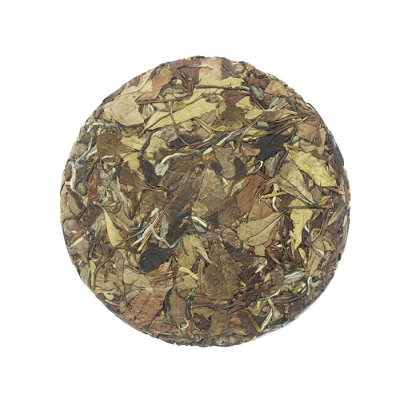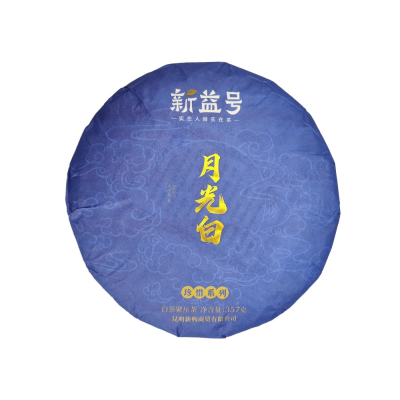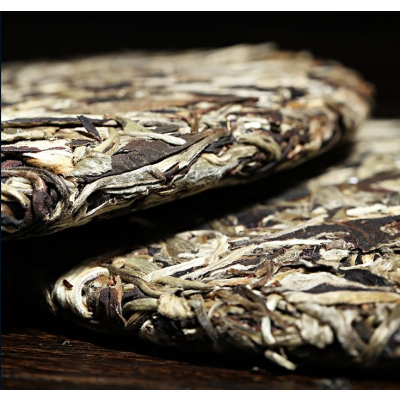White Tea
- FREE FOR ORDERS OVER 100USD/EUR: Glass Gongfu Tea Tasting CupSpecial Price USD0.00 Regular Price USD10.00
-
-
-
Buy Chinese White Tea Online
Loose white tea versus tea cakes
While both loose leaf white tea and compressed white tea cakes are made from the same ingredients, there are a few important differences:
Color: loose white teas are often silver green while compressed cakes from the same material have a slightly brownish appearance. This is related to a difference in processing that’s discussed next.
Processing: Loose white tea consists of dry leaves as a result of natural withering. Cakes have an additional step of steaming to make the leaves soft, followed compression of the leaves to turn them into cakes.
Storage & aging: Given the additional processing steps, cakes are more suitable for long term storage and aging so that they acquire a rich flavor, while loose leaf teas are great for fresh consumption. Compression also makes sure that the leaves are less fragile and less easy to break.
Taste & aroma: Given that the leaves are fresh and made from the same raw material, the flavor and aroma difference when comparing a cake with loose leaves is minimal. However, over time cakes will acquire a more mellow and sweet flavor with a thick texture, while loose white tea is more fresh and flowery. In addition, with loose leaves the flavor comes out in the earlier steeps, while the taste from cakes are drawn out in later steeps. Thus, white tea cakes tend to last for more steeps.
We can highly recommend our loose leaf white teas and cakes for optimal flavor, aroma and health benefits, instead of tea bags containing low quality dust.
Chinese white tea grades
There are generally 4 grades in which Chinese white tea is divided.
- Silver Needle (Bai Hao Yin Zhen): bud only
- White Peony (Bai Mu Dan): 1 bud & 1-2 leaves
- Gong Mei: 1 bud & 2-3 leaves
- Shou Mei: 1 bud & 3-4 leaves. This grade typically has very few visible buds.
In practice there are also sub grades within each main grade level.
Chinese white teas (白茶 - bái chá in Chinese) are picked early spring when they are still covered with silky white fuzz, hence called “white tea”. This delicate tea type carries savory, mellow and sweet flavors. White teas are minimally processed and only slightly fermented because they are only air-dried after picking.
Chinese white teas benefits: drinking Chinese white regularly can refresh and detoxify the body, due to the high antioxidant content in white tea. Studies have also recently confirmed that white teas decrease cholesterol levels and decrease the risk of cardiovascular decease. White tea caffeine levels are usually only 1% of that of a cup of coffee and can therefore be consumed several times a day.
How to steep and when to drink?
White tea is the least processed and most delicate of all teas, and it is important to make sure that all its qualities survive the brewing process. Never steep white tea in boiling water. 175-185 degrees Fahrenheit, or 80-85 degrees Celsius, is considered the optimal temperature for brewing white tea. Silver needle quality tea should not be steeped for more than 30-40 seconds for the first steeping, though steeping temperature and time could be increased for later brews.
White tea is suitable to drink at anytime of the day, even before bed since it contains very low amount of caffeine. It is said that the Qing Dynasty Emperor Guanxu loved to drink white tea in the hot summer season because of its refreshing and purifying qualities. White tea is also an excellent after-meal drink as it helps digest the food.
